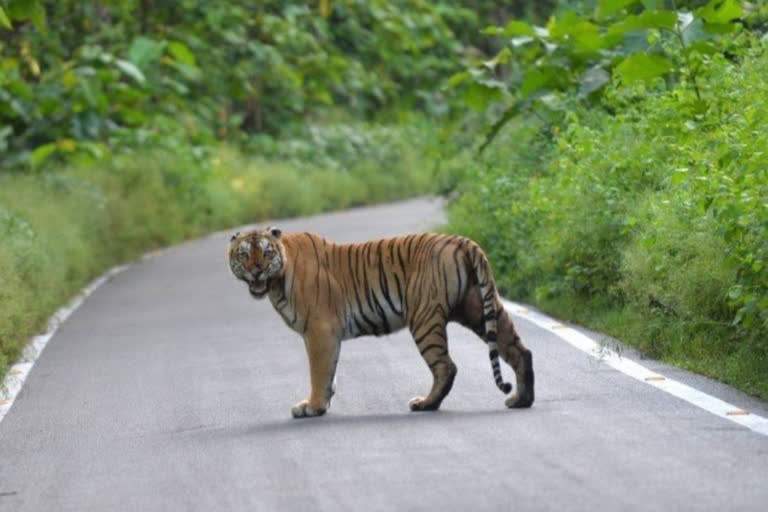Hyderabad: Globally, monitored population sizes of mammals, fish, birds, reptiles, and amphibians have declined an average of 68% between 1970 and 2016, according to World Wildlife Fund’s (WWF) Living Planet Report 2020.
Populations in Latin America and the Caribbean have fared worst, with an average decline of 94%. Global freshwater species have also been disproportionately impacted, declining 84% on average. As an important indicator of planetary health, these drastic species population trends signal a fundamentally broken relationship between humans and the natural world, the consequences of which—as demonstrated by the ongoing COVID-19 pandemic—can be catastrophic.
“This report reminds us that we destroy the planet at our peril—because it is our home. As humanity’s footprint expands into once-wild places, we’re devastating species populations. But we’re also exacerbating climate change and increasing the risk of zoonotic diseases like COVID-19. We cannot shield humanity from the impacts of environmental destruction. It’s time to restore our broken relationship with nature for the benefit of species and people alike,” says WWF-US President and CEO Carter Roberts.
The Living Planet Report points to one underlying cause for the deterioration of nature and decline in species populations: humanity. During the past 50 years the explosive growth of human consumption, population, global trade, and urbanization means people are now using more of the Earth’s resources than can possibly be replenished, the report says. This overuse has a disastrous impact on biodiversity—the animal and plant life that together make up a functional, circle-of-life ecosystem.
Also read: Health Ministry issues revised guidelines for exams during COVID
The most important direct driver for loss of biodiversity is land-use change, particularly the conversion of pristine native habitats, like forests, grasslands, and mangroves, into agricultural systems. And while globally climate change is not yet the greatest driver of biodiversity loss, the report states that in the coming decades climate change will become as, or more important than, other drivers.
The report finds that while nature is being destroyed and changed at an extraordinary rate, modelling predicts that the declining trends can be flattened and reversed with urgent and unprecedented actions. These actions include transforming food production and consumption, aggressive movement to tackle climate change, and investments that conserve, protect, and restore nature. The report also highlights the need to transform our economic systems to reflect the ‘natural capital’ that underpins our economic prosperity. In sum, the report urges world leaders to treat biodiversity conservation as a non-negotiable and strategic investment to preserve human health, wealth, and security.
“While the trends are alarming, there is reason to remain optimistic,” says WWF Global Chief Scientist Rebecca Shaw. “Young generations are becoming acutely aware of the link between planetary health and their own futures, and they are demanding action from our leaders. We must support them in their fight for a just and sustainable planet," she added.



